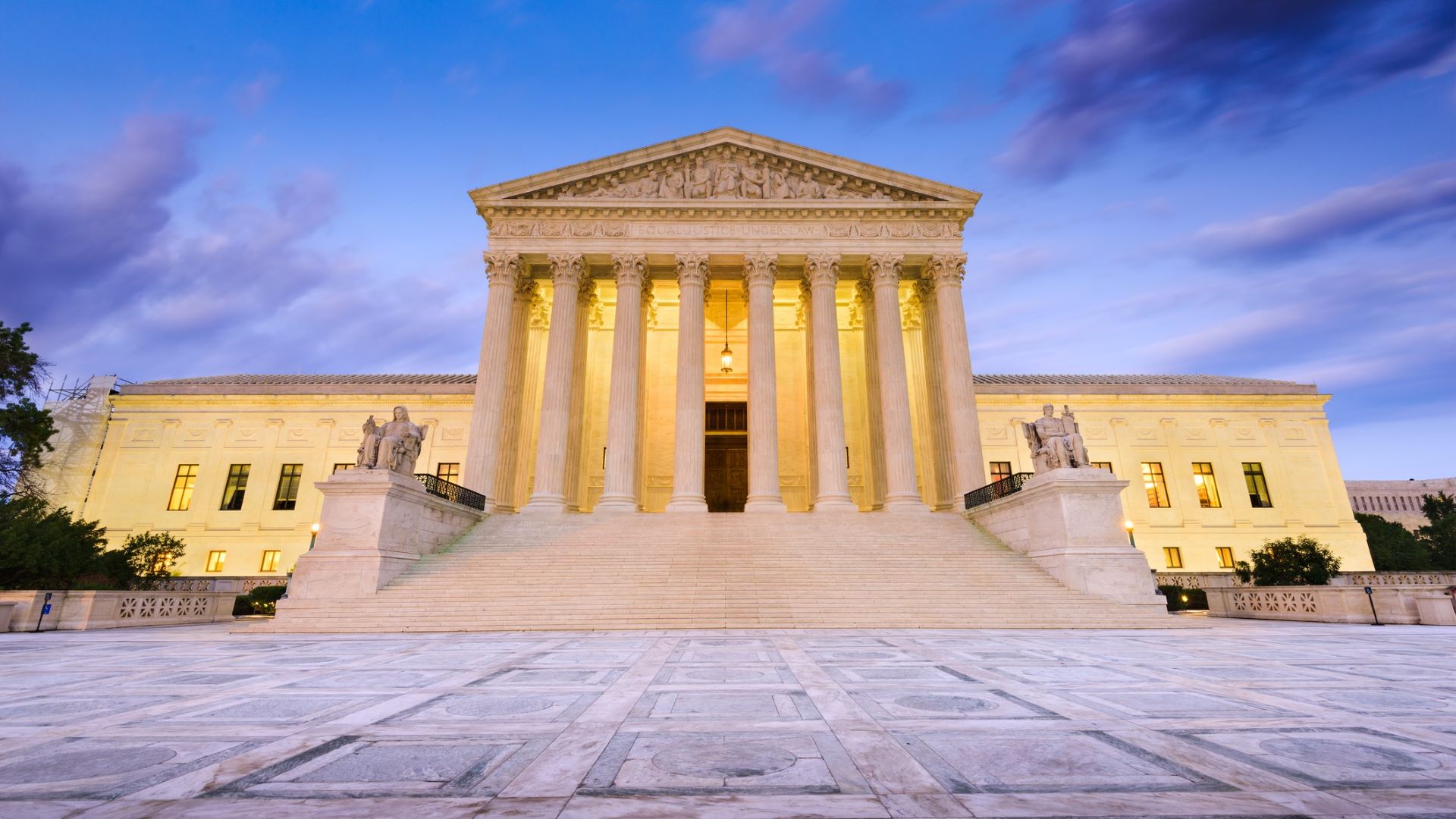The days of legal uniformity across the nation for abortion rights is clearly coming to an end — that much seems certain after the stunning leak of Justice Samuel Alito’s proposed majority opinion.
That Alito would not only overturn Roe v. Wade, the 1973 landmark decision legalizing abortion, but try to remove it, root and branch, from the federal court system, is all too clear from its tone and reasoning.
Alito was perhaps not the best choice for this assignment, but there were few alternatives, given the provisional court majority’s direction. His contentious and at times almost contemptuous analysis of Roe and the history of abortion has already been exposed as misleading.
Even more dismaying is his “damn the torpedoes, full speed ahead” attitude toward long-established public opinion. Roe may not have been exactly the right decision at the time, but the country has learned to live with it.
There is simply nothing close to majority support in the U.S. for overturning, let alone overthrowing, the decision and leaving everything up to state legislatures. The Supreme Court may not, as one wag put it, “follow the election returns,” but it ignores public opinion at its peril.
Even a court deliberately insulated from popular passions can’t defy the public forever — as it found when it repeatedly struck down New Deal laws that were widely popular, then reversed itself, perhaps just in time.
Equally vital, there are a variety of ways to “overturn” a ruling. Courts modify, move past, shift course and find new legal reasons for past decisions all the time.
Only twice in our history, in 1857 with the Dred Scott decision, and then in 1954 with Brown v. Board of Education, did the court attempt to launch a revolution in a single decision. It would be tragic if the court made obliterating Roe the third.
Dred Scott was Chief Justice Roger Taney’s misguided attempt to “settle” the issue of slavery once and for all. It is best remembered for the searing phrase that blacks “had no rights which the white man was bound to respect.”
Legally, though, the most alarming finding was that Congress had no power over slavery whatsoever, so it was free to expand anywhere in the western territories. The Civil War followed four years later.
Brown, unlike Dred Scott, is usually revered rather than scorned for its rejection of the legalized segregation accepted by several 19th-century decisions. Yet Brown, too, had unanticipated consequences that sapped its drive toward equality, even though these principles are now widely accepted; hard-line opposition flourished in the North as well as the South.
Even fervent advocates later decided the initial focus on school assignments — one of the most sensitive of all intersections between parents and public institutions — could have hindered the burgeoning civil rights movement. Voting rights, public accommodations, housing and criminal justice might have been better places to start, and our continuing failure to deal with racial injustice in courts and prisons is still a dark spot on our national legacy.
Hardly anyone, today, would try to overturn Brown, but that doesn’t mean it’s had the wholly beneficial effects on society once envisioned.
Roe, too, has its liabilities, sweeping away restrictions in all but a handful of states, and imposing a medical regimen that put the government in the unfortunate position of regulating healthcare procedures. That much was alleviated in Planned Parenthood v. Casey in 1992, substituting an “undue burden” test for state restrictions.
The fact is, unlike, for example, same-sex marriage, public opinion was not moving clearly toward liberalized abortion when Roe was handed down; two states had just rejected referendums to do that.
Still, nothing justifies the legal recklessness shown by Justice Alito in his draft, implicating far more than just abortion. Chief Justice John Roberts is evidently hoping to convince at least one of the five supporters to switch to something more reasonable.
It would be possible, for instance, to adopt the 15-week limit in the Mississippi law in question, though not some other punitive features, without causing a massive backlash. On the other hand, the six-week limit in Texas, when many women don’t know they’re pregnant, is completely unworkable.
We’ve already had too many examples of elected leaders effectively declaring war on the opposition, as if their fellow citizens were enemies rather than just holding differing views. The last thing we need is the Supreme Court joining the fray.
Abortion rights are probably safe in Maine and New England, whatever the court decides. Maine has long been represented by “pro-choice” Republicans, including incumbent Sen. Susan Collins.
In the three New England states now with Republican governors, those in New Hampshire and Massachusetts have vowed to protect Roe, and Vermont will vote on a “reproductive liberty” amendment to the state constitution in November.
Collins, however, as the only Republican senator from New England, would have a special responsibility, should the court follow Alito’s path, to push Congress to take similar steps — a responsibility she is trying to avoid. Otherwise, we could see a patchwork of conflicting and confusing state laws, with some states banning abortion altogether.
The justices have less than two months to devise a decision that avoids dividing the country in a way perhaps not seen since Dred Scott. We can only pray they succeed.








